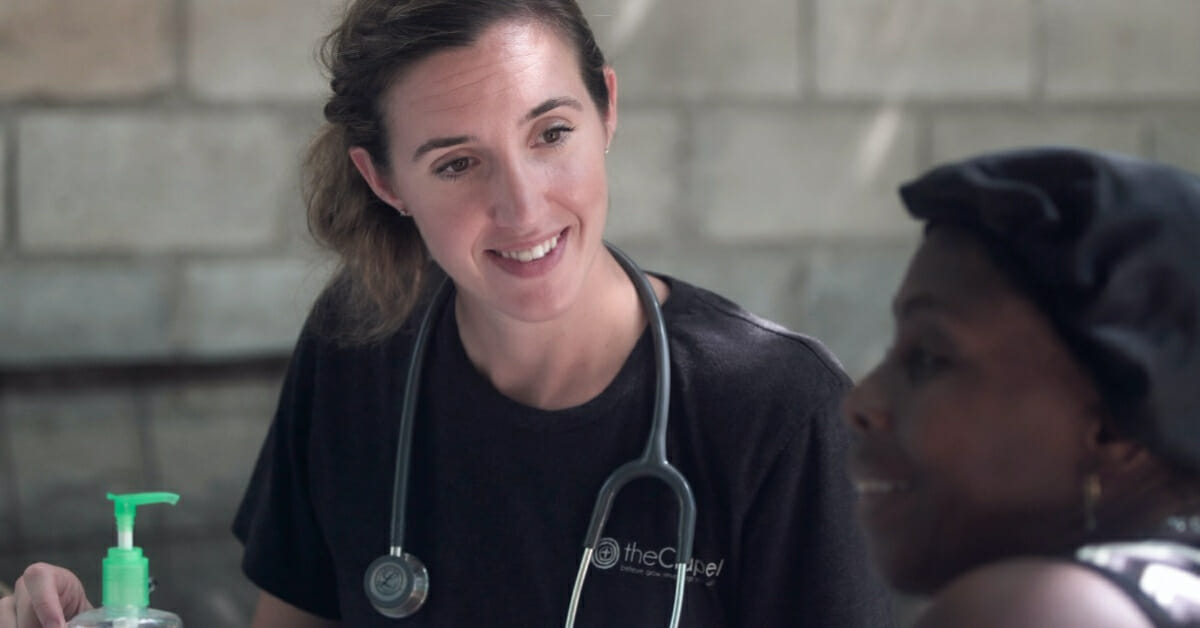Pediatrics II advances medical knowledge in specialized areas affecting children from birth through adolescence. This course builds on foundational pediatric concepts to explore complex conditions requiring expert management.
Students will study hematologic disorders, infectious diseases, allergies/immunology, dermatological conditions, and adolescent medicine. The course provides in-depth coverage of neonatology, child development, genetics, emergency medicine, oncology, and pediatric radiology. It is recommended to take the course Pediatrics I before moving forward to this class.
Through comprehensive study of blood disorders, infections, immune system dysfunction, and skin conditions, students learn to recognize and manage these specialized pathologies. Special emphasis is placed on newborn care, developmental assessment, genetic disorders, and emergency interventions. Students will also gain experience interpreting pediatric imaging studies.
Learning objectives
After the completion of this course, students should be able to:
- Diagnose and manage common pediatric hematologic disorders and cancers, including treatment protocols and supportive care.
- Implement evidence-based strategies for preventing, diagnosing, and treating pediatric infectious diseases.
- Evaluate and manage allergic and immunologic conditions in pediatric patients.
- Identify and treat common pediatric dermatological conditions and their systemic associations.
- Address the unique health needs and concerns of adolescent patients, including reproductive health.
- Manage high-risk newborns and common neonatal complications.
- Assess behavioral development and recognize developmental disorders in children.
- Recognize genetic syndromes and implement appropriate genetic testing and counseling.
- Respond effectively to pediatric emergencies and trauma cases.
- Interpret pediatric radiological studies and select appropriate imaging modalities.
Course outline
- Pediatric Hematology
- Pediatric Infectious Diseases
- Pediatric Allergy and Immunology
- Pediatric Dermatology
- Adolescent Medicine
- Neonatology (Newborn Medicine)
- Child Development and Behavior
- Pediatric Genetics
- Pediatric Emergency Medicine
- Pediatric Oncology
- Pediatric Radiology

